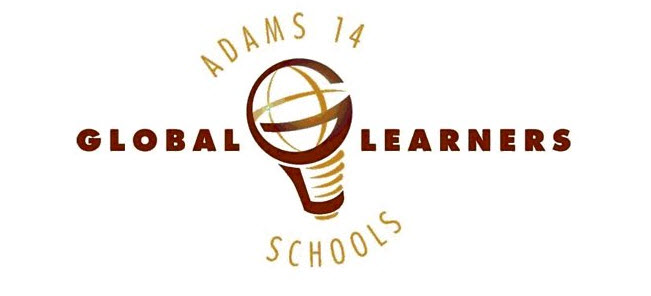I need to identify strategies and tools to help ELLs to access content.....
Language Poverty students need specific scaffolding and strategies in order to access the required content. At the secondary level, content is accessed through language: reading, writing, speaking and listening. English Language Learners (ELL) require more focused attention on listening and speaking than native speakers. However, children who live in poverty have had less access and exposure to literature and rich vocabulary. Therefore, students who live in poverty and students who do not natively speak English enter school with a deficit of language. In order to access the content presented them in the secondary classroom, these students require additional support.
I believe the greatest support these students of "Language Poverty" require is through vocabulary instruction. This vocabulary instruction must be contextual. It cannot be separated from the content. Students must experience a concept: hear, see, taste, touch, smell, and manipulate it. As children, when we learned a new word/concept it was through our experiences. We did not take notes on a word! In addition, we compared the word to concepts we already possessed.
My nephew, for example, upon being presented with a grape for the first time called it a, "berry." He CATEGORIZED it as being sweet, small and red, therefore it must be a berry. His mother responded, "No Kia, its a grape. Can you say, grape?"
To learn a new concept we compare it to what we already know, our SCHEMA, to truly grasp the concept so that we can use it.
How can secondary teachers offer meaningful experiences to students inorder for students to access the content THROUGH the concept? How can we do this through the medium of 21st Century Tools?
Sunday, September 13, 2009
Subscribe to:
Post Comments (Atom)


2 comments:
I think whenever food can be incorporated, it's worth the effort!
One thing I've been thinking about is having my ELD students create an online vocabulary book. I have not done this yet as I have students from various rooms and we're still learning how to work in a new room.
I imagine with high school students the vocabulary book be a VoiceThread using pictures found online or pictures students take and then a recorded sentence about the picture they found.
Distance - picture of an island or another country - "An island is a long distance from Colorado." "When I make a phone call to China, I am calling long distance."
Good luck. I look forward to reading others' ideas.
Tonia,
Good question. A couple of years ago I went to a session with Deborah Pickering where she taught about Academic Vocabulary. I think she has a book called "Building Background Knowledge". Anyway, she talked about how teachers need to get students to "show" vocabulary in their own words. She spoke of vocabulary notebooks. I think Kelly's idea of voicethreads is right up this alley. Students could build on their vocabulary notebook and also comment on colleague's threads. They could use CC pictures and music to enhance the meaning (provided they are linked to the vocabulary).
I read some time back about this professor Kylene Beers. It seemed to me she had some ideas to share around teaching vocabulary to secondary students. I did a quick google search on her and found her website with some lesson plans: http://www.allamericareads.org/lessonplan/wyw/vocab/index.htm.
Check out a couple of plans. These could easily be translate to a variety of applications including Inspiration and a variety of mind mapping software.
Post a Comment